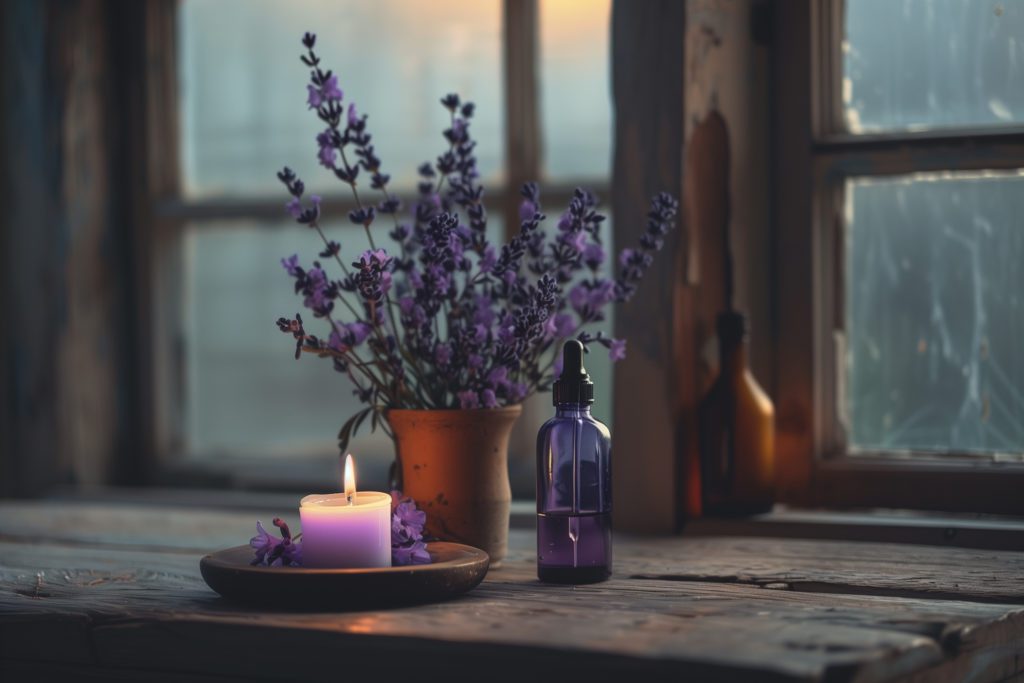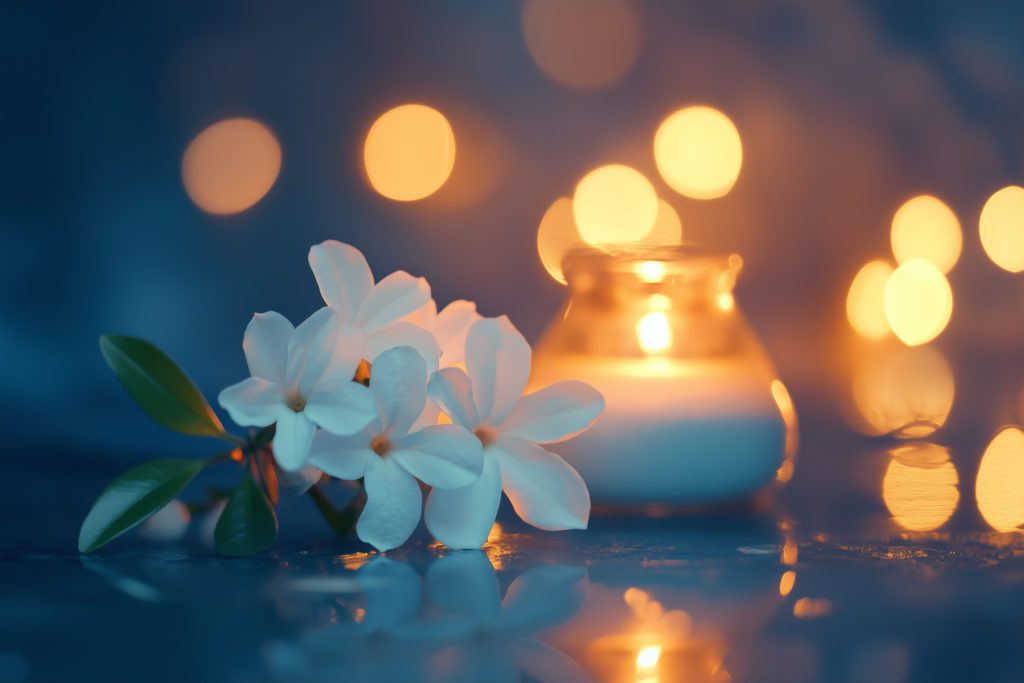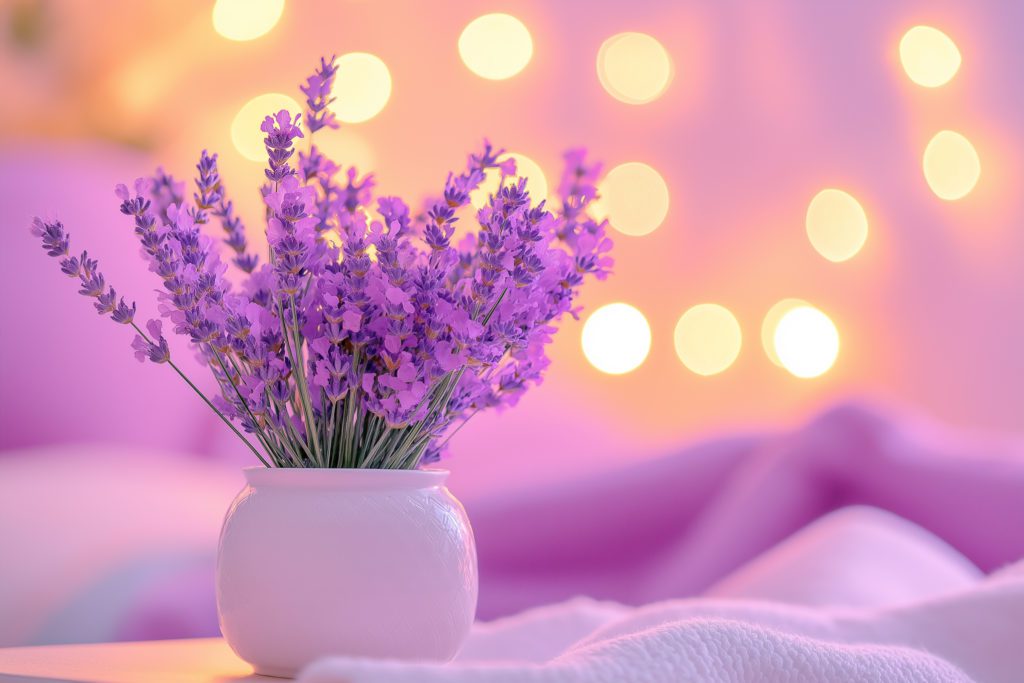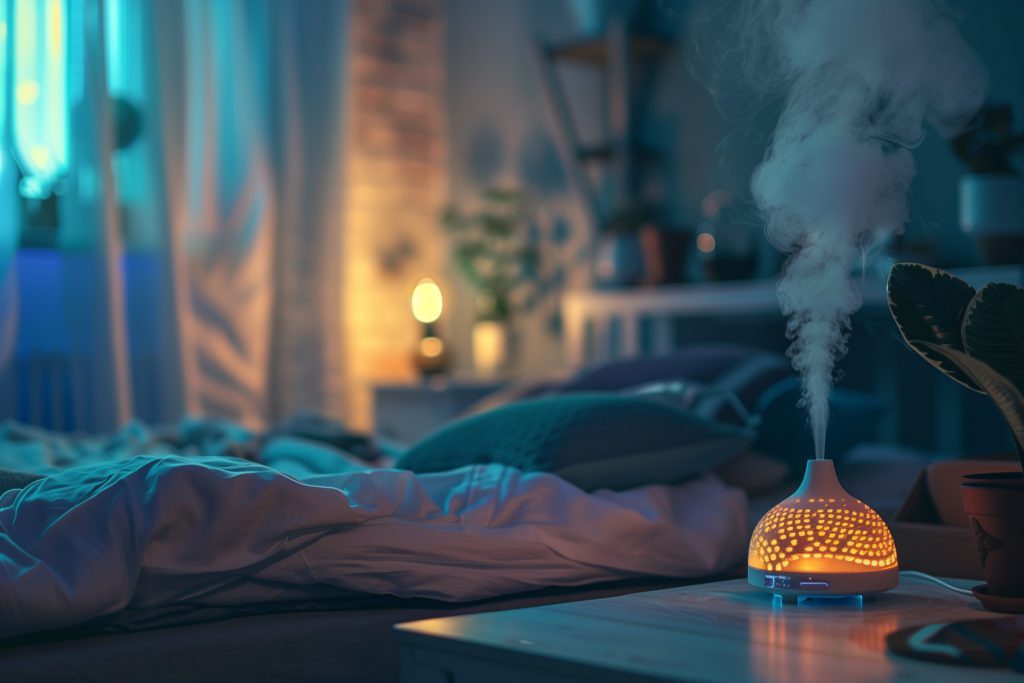
Cultural Practices of Aromatherapy for Sleep and Relaxation
Aromatherapy is a centuries-old practice used as a part of religious ceremonies, cultural standards, and medicine. Explore its uses then and now.
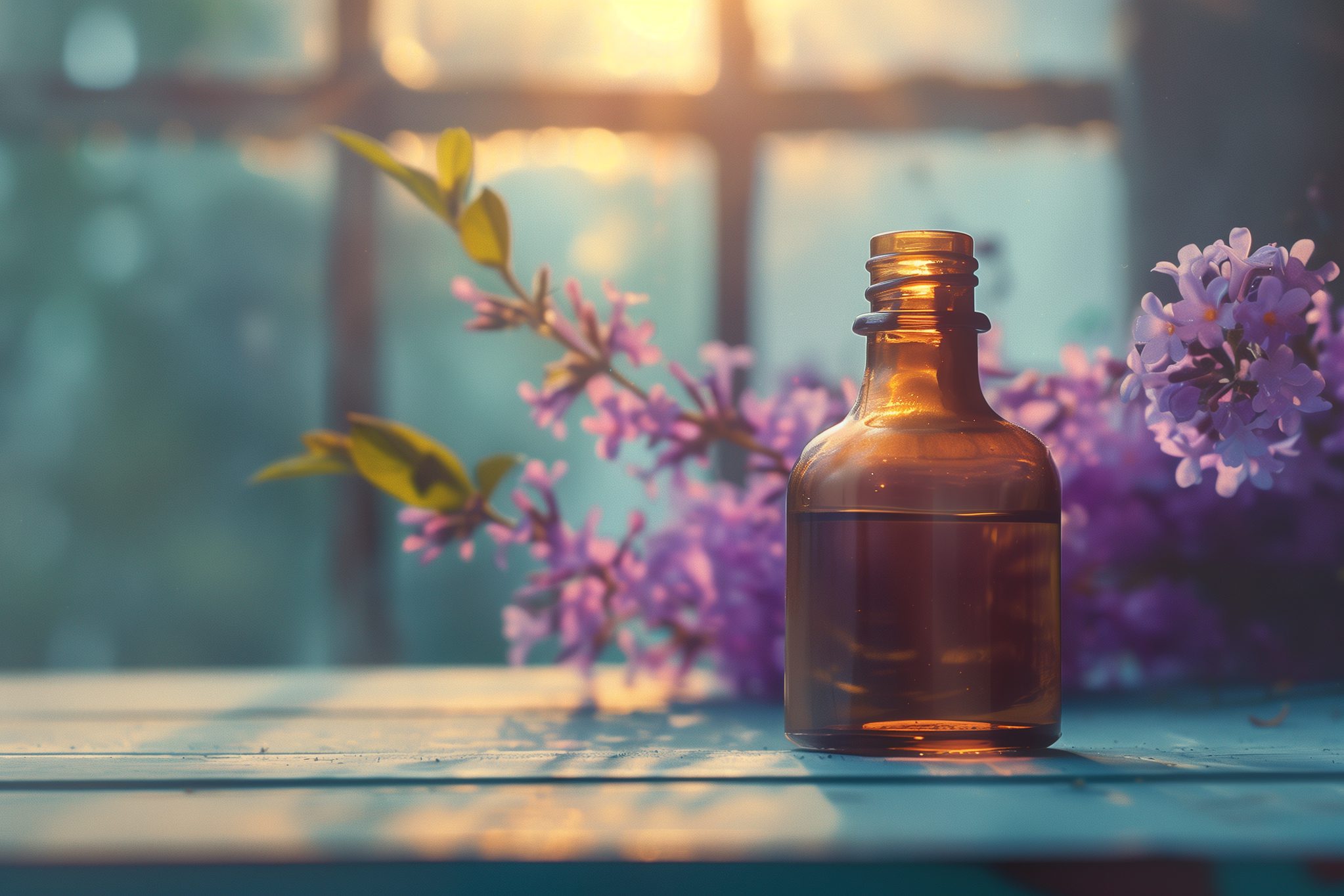
Can’t sleep? If you’re already doing all you can for your sense of sight (sleeping in a dark room), touch (wearing comfortable pajamas), and sound (listening to colored noises or natural sounds), it may be time to focus on another sense: smell.
While aromatherapy continues to grow in modern-day popularity, it’s a therapy that has been around for centuries. It offers many benefits, some of the most notable being that certain scents can help you relax. When timed before bed, this can promote an easier time falling asleep.
Let’s time-travel through the history of aromatherapy and see if this ancient form of wellness has any applications in today’s world.
The History of Aromatherapy: From Culture to Medicine
Aromatherapy is a practice that has transcended both time and culture, emphasizing the value of activating your sense of smell.
The use of aromatic plants for therapeutic purposes has spanned thousands of years and was utilized by many ancient civilizations, including Greece, Egypt, Rome, China, and India.
The ancient Egyptians utilized aromatic plans for their cosmetics, religious ceremonies, and medicine. As for their cultural practices, each deity was assigned a unique fragrance, and pharaohs even had personalized mixes for love, meditation, and warfare.
In ancient Greece, the father of modern medicine, Hippocrates, documented the therapeutic advantages of plant essential oils, contributing to our current understanding of aromatherapy. Hippocrates believed that scented massage and aromatic baths, in particular, were the key to good health.
Other civilizations each had their own traditions regarding aromatherapy. For instance, Romans used essential oils in perfumery and bathing, while the Indian practice of Ayurveda incorporated essential oils into traditional medicine, using perfume to provide therapeutic benefits.
Aromatherapy may have been a staple of the past, but it still has a purpose even in today’s changing medical climate.
How Aromatherapy Can Improve Your Sleep
Your sense of smell involves more than you may think. When you smell something, the scent molecules of the aromatic travel from your olfactory nerves directly to the brain, which is how different bodily reactions can result. It’s not just your nose that brings in essential oils, either; they can also be absorbed by the skin, such as through a massage.
The part of your brain most affected by scent is the amygdala, which is the brain’s emotional center. This is why aromatherapy is often successful in shifting emotions.
When it comes to aromatherapy, it’s important to remember that each scent has its own purpose, and some will promote relaxation more than others. If you’re looking for the top contenders for relaxation and improved sleep, these scents are a great place to start:
Lavender
This purple flowering shrub is most often associated with nighttime and has been the most studied by scientists.
Lavender contains two chemical compounds, linalool and linalyl acetate, which, when inhaled, can help to calm the nervous system.
This effect has been shown to produce many benefits for sleep. For instance, it can help those with insomnia sleep better and reduce daytime sleepiness in students. Lavender aromatherapy has also been shown to reduce anxiety in hospital patients with coronary artery disease, along with improving their sleep.
Overall, the research shows that lavender aromatherapy can help improve sleep, even in groups that are notoriously known to have poor sleep, including women between the ages of 45 and 55—which is when menopause-related insomnia often kicks in—those sleeping in the hospital, and postpartum mothers.
Chamomile
One thing to keep in mind is that there are two types of chamomile plants: German and Roman. While the varieties are similar, they have different combinations of active ingredients, which results in different effects. If you’re interested in reducing anxiety to sleep better, Roman chamomile is what you want to use, with a blend of Roman chamomile, lavender, and neroli being shown to reduce anxiety and improve sleep quality.
Other studies have shown that roman chamomile and lavender blends can reduce anxiety in nurses, and roman chamomile on its own reduced anxiety in pregnant women.
Jasmine
Derived from jasmine’s white flowers, this essential oil has a sweet, romantic aroma and has been found, at a low concentration, to have a sedative effect on mood states and nerve activity, meaning it helps to calm your mind, which can be a big help in going to sleep.
Another study on those with generalized anxiety disorder found that inhaling jasmine for only 5 minutes a day was able to significantly bring down their elevated state of mind, improving symptoms such as palpitations and insomnia.
Sandalwood
Sandalwood is rich in the active compound santalol, which offers benefits when inhaled such as reducing the number of sleep disruptions during the night, equating to more sleep. Additionally, inhaling sandalwood increases the amount of non-rapid eye movement (NREM), specifically the later stages known as deep sleep. The more deep sleep you have, the better you feel in the morning.
Sandalwood has also been shown to alleviate the body’s physiological reactions to stress, helping your body relax.
How To Use Aromatherapy to Relax and Sleep Better
Ready to quiet your mind with the help of essential oils? We have all the tips you need to add this step to your nighttime routine, helping to prepare your body for bed and reaching a state of relaxation you never imagined possible.
- Choose the right oils. Make sure you’re choosing an essential oil that will promote relaxation and help you sleep, not boost energy; lavender, chamomile, jasmine, and sandalwood are some of the best options.
- Smell or rub; don’t ingest. Essential oils are safe to use as aromatherapy that is smelled or through rubbing the oil—mixed with a carrier oil such as jojoba, olive, or coconut oil—onto the skin, but they are not safe to ingest unless you are certain of what is contained within the bottle. (Unless you’re making the oil yourself, you probably don’t because there are no regulations.)
- Combine aromatherapy with a bath. Baths can help to lower your core body temperature, preparing your body for sleep. Combining that with aromatherapy, whether through essential oils mixed with carrier oils and added to the bathtub, essential oil bath salts, or a diffuser running while you’re in the bathroom, you can further prepare your body for sleep.
- Spray on your pillow and mattress. If you don’t have a diffuser, try spritzing your pillow or mattress with an essential oil spray. This way, when you lie down, the calming scents will transport you to dreamland.
- Use it at the same time each night. When it comes to your bedtime routine, consistency is key. You can help with that by implementing aromatherapy at the same time each night, further cementing your routine.
Give these aromatherapy tips a try, and let lavender, chamomile, and other relaxation-boosting and anxiety-reducing scents wipe away the day’s worries and help you fall asleep.
FAQ
How does aromatherapy influence the brain to promote relaxation and sleep?
Aromatherapy involves inhaling essential oils, whose scent molecules travel from the olfactory nerves directly to the brain, particularly affecting the amygdala—the emotional center. This direct pathway can influence emotions, promoting relaxation and aiding in better sleep.
Can aromatherapy be combined with other relaxation techniques to enhance sleep quality?
Absolutely. Combining aromatherapy with practices such as meditation, deep breathing exercises, or progressive muscle relaxation can amplify its calming effects, leading to improved sleep quality.
Are there any safety considerations to keep in mind when using aromatherapy for sleep?
Yes, it's important to use essential oils as directed, ensuring they are properly diluted to avoid skin irritation. Some oils may not be suitable for certain individuals, such as pregnant women or those with specific health conditions. Consulting with a healthcare professional is advisable.
How does the quality of essential oils impact their effectiveness in promoting sleep?
The therapeutic benefits of essential oils depend on their purity and quality. High-quality oils, free from additives and extracted through proper methods, are more likely to provide effective results in promoting relaxation and sleep.
Can aromatherapy help with insomnia and other sleep disorders?
Are there any potential side effects of using aromatherapy for sleep?
While generally safe, some individuals may experience allergic reactions or skin irritation from certain essential oils. It's important to perform a patch test and use oils as directed. Inhaling large amounts may also cause headaches or dizziness.
How long does it typically take to see improvements in sleep patterns when using aromatherapy?
The time frame can vary among individuals. Some may notice improvements in sleep quality within a few days of consistent use, while others might take longer. Regular and mindful application is key to achieving desired results.

Written by
Jessica G
Medical writer freelancer who has written hundreds of articles on varying topics. Masters of Engineering degree in Biomedical Engineering.
Download Pillow
Get help
Press & News
Legal
Connect
X (Twitter)
Company
Copyright © Neybox Digital Ltd.
